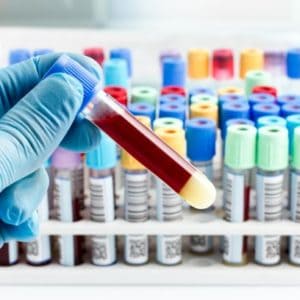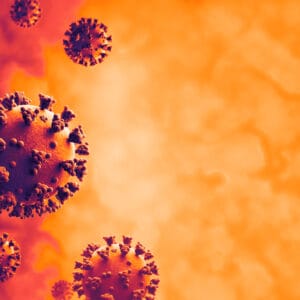A researcher with Duke University developed a new test to scan for all coronaviruses — even the unknown ones — and found evidence of a new coronavirus in samples taken from pneumonia patients in Malaysia in 2017 and 2018, according to a study published May 19, 2021, in Clinical Infectious Diseases journal. This new coronavirus appears to have been transmitted by dogs but does not appear to being transmitted from human to human at this point. To stop a future coronavirus pandemic, the researcher says more of these types of tests need to be done on more people earlier. At COLS, we’re working to create a biobank that would give researchers access to large numbers of biological samples they could test for new and emerging pathogens and also the data that will help tell them who is most likely to become infected.
View Article






